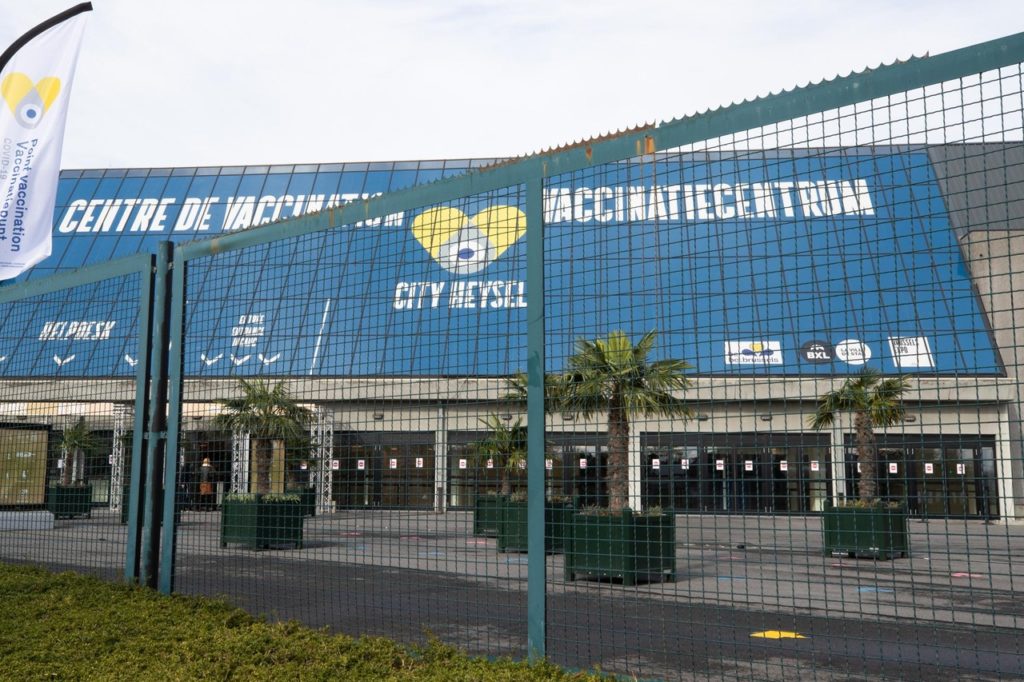As part of its strategy to reach and convince as many people as possible to get vaccinated, the Brussels-Capital Region is launching an experiment with a 'vaccination bus' this week.
The bus, which will carry a mobile vaccination unit, will drive out on Thursday and Friday for the first time, in the Brussels commune of Jette. It will be accessible on Rue Jules Lahaye 282, from 10:00 AM to 5:00 PM.
About a hundred doses of the single-shot Johnson & Johnson vaccine will be available every day, and applicants can go there without an appointment. The logistics will be handled by a local pharmacy.
Despite numerous initiatives to reach as many people as possible, Brussels is fighting an uphill battle to gets its population vaccinated.
The bus is part of the Region's campaign to bring the vaccines to the people, instead of the other way around. Last week, a preliminary local awareness campaign was already carried out in Jette's Esseghem district.
Related News
- Brussels' uphill battle to get its population vaccinated
- Vaccinations: 1 million doses administered in Brussels
- Brussels remains orange on European travel map
The aim is to extend this type of campaign to other municipalities from mid-July, according to Inge Neven, head of Brussels health inspectorate.
The Cocom is gradually developing more initiatives at the local level to try to reach a wider audience for the vaccination campaign, and to move to a phase-out in some fixed vaccination centres in the coming weeks, she said during a press conference on Monday.
In most of these centres, first-dose vaccinations will be stopped at the end of July. The second doses are still being booked in August.
Additionally, the vaccination centres in Schaerbeek and Woluwe-Saint-Lambert will be closed in September to allow the resumption of the initial activities for which they were intended, Neven confirmed.
For their part, the testing centres in Brussels are running at full capacity, currently offering a capacity of 8,000 tests per day - with some 12,000 expected for the July peak. The capacity of the Schaerbeek and Molenbeek centres has been increased for the coming week.
According to Neven, 15% of the people who visit the Brussels testing centres before travelling are from Flanders and Wallonia.

